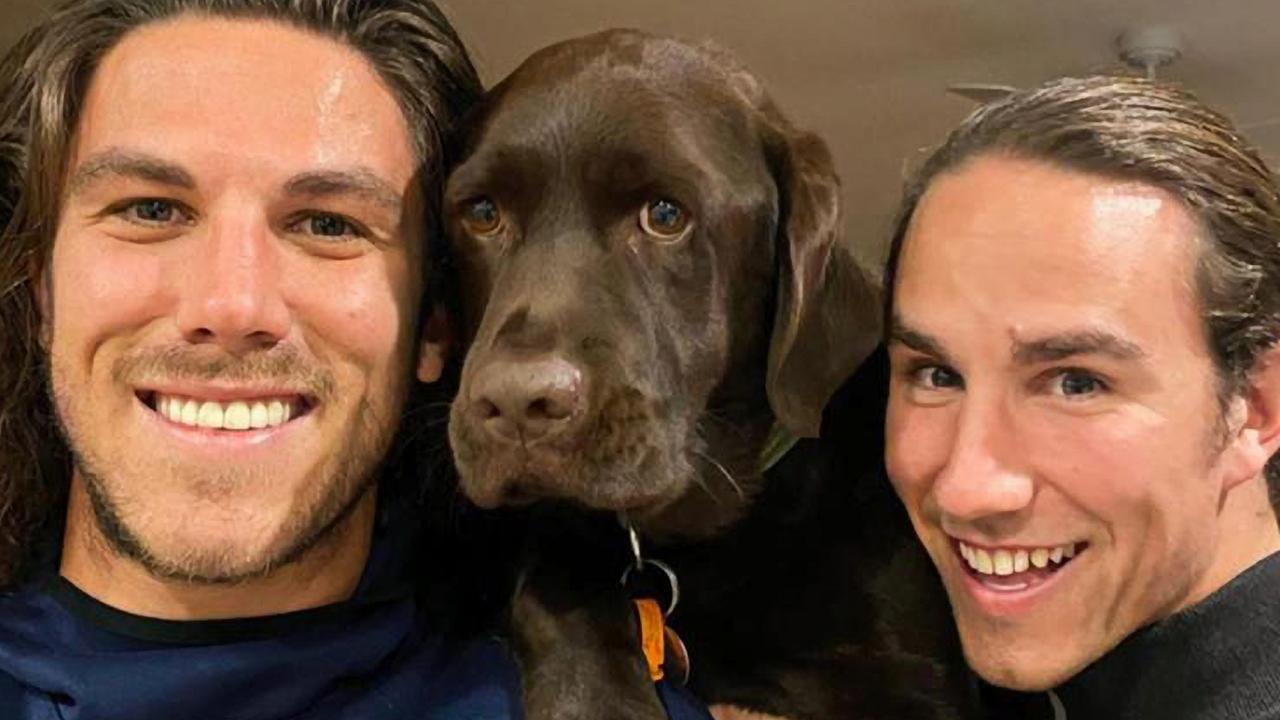Judge in Justine Damond murder trial has received ‘threatening’ phone calls
The judge overseeing the trial for the US cop accused of killing Justine Damond has received threatening phone calls, as 200 witnesses will be called including the Australian woman’s fiance.
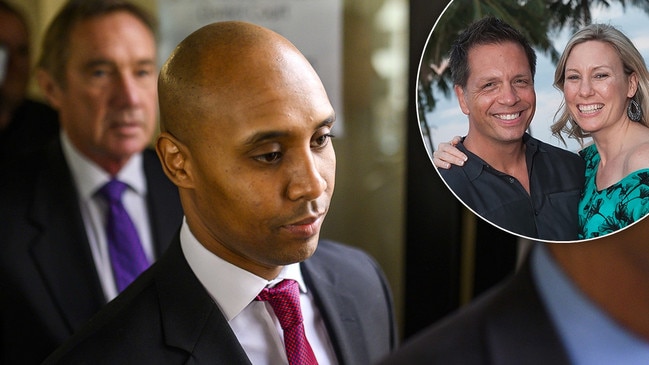
Crime in Focus
Don't miss out on the headlines from Crime in Focus. Followed categories will be added to My News.
The judge hearing the trial of a Minneapolis police officer charged in the shooting death of an unarmed Australian woman, Justine Ruszczyk Damond, says threatening phone calls have been made to her chambers.
Mohamed Noor is going on trial this week in the July 2017 death of Damond. Noor shot her when she approached his squad car just minutes after she called 911 to report a possible sexual assault in the alley behind her home.
Judge Kathryn Quaintance said the threatening phone calls came after she made rulings on what evidence may be presented at trial.
Judge Quaintance cited passionate public opinion about the case in explaining why jurors won’t be identified in court.
In an order filed on Monday confirming the jury would remain anonymous, she detailed the intense media interest and threats made to her office.
Justine’s accused killer cop smiles before judge slammed
New blow to case against Justine’s accused killer cop
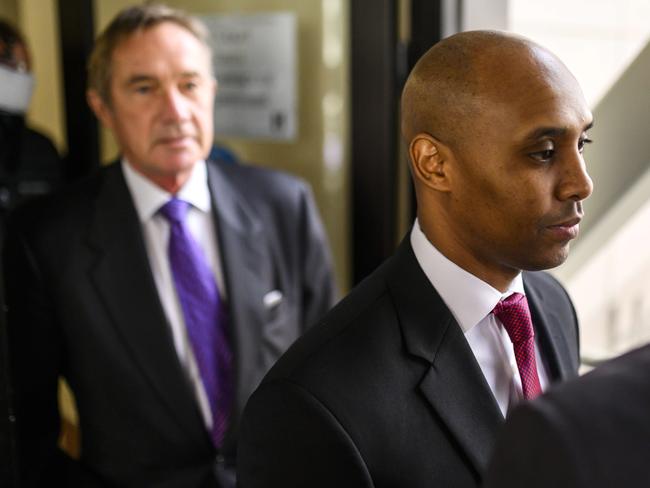
“The Court finds that the level of media and public interest in this case is very high,” she wrote.
“There is regular and extensive local, national and international media coverage of this case.
“The Court’s chambers have received threatening phone calls concerning the Court’s evidentiary rulings in the case.
“Community groups have organised and demonstrated on behind of the decedent and on behalf of the defendant in this case.
“The Court finds that restrictions on public access to juror identity are necessary to protect the jurors in this case from unwanted publicity or harassment that may endanger their impartiality.”
It comes as jury selection began for the Minneapolis policeman who shot dead Damond.
Day one of Mohamed Noor’s trial was marked by protests from activists including Ms Damond’s friends and neighbours, as well as complaints that restrictive court conditions were hindering justice.
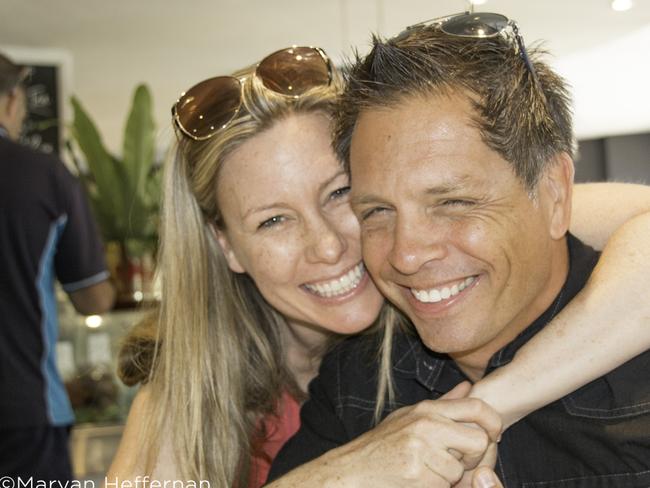
Minneapolis Judge Kathryn Quaintence is holding the trial in one of the city’s smaller courts, with just 11 seats available for members of the public and media who were not assigned one of eight seats reserved in a lottery.
It came as court papers revealed new detail about the trial, which is expected to last three to four weeks.
Prosecutors plan to call more than 200 witnesses, including Ms Damond’s fiance, Don Damond.
The unarmed Ms Damond, 40, was shot dead in her pyjamas when she called 911 for help in July 2017. The couple had planned to be married just a month later on a beach in Hawaii.
Officer Matthew Harrity, who was driving the SUV squad car that responded to Ms Damond’s call to investigate a possible sexual assault happening behind her home, is also among the state witnesses. He has never spoken publicly about events, but told investigators he saw a flash and heard a loud noise at 11.37pm on July 15.
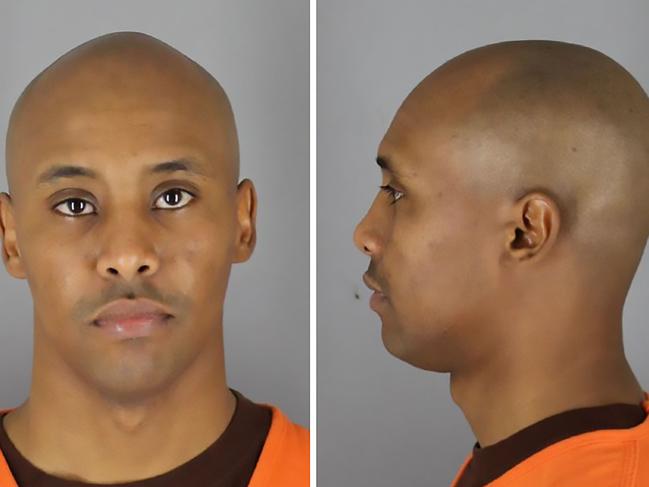
Harrity’s partner, Noor, had fired his service revolver across his chest and shot Damond in the abdomen. He said her last words were: “I’m dead” or “I’m dying”.
Noor has never explained his actions and it is not known if he will testify at trial.
Some 75 potential jurors were being screened Monday. They were to answer a questionnaire with 66 questions before being winnowed down to 16 jurors. This would allow for a 12-person jury and four alternatives.
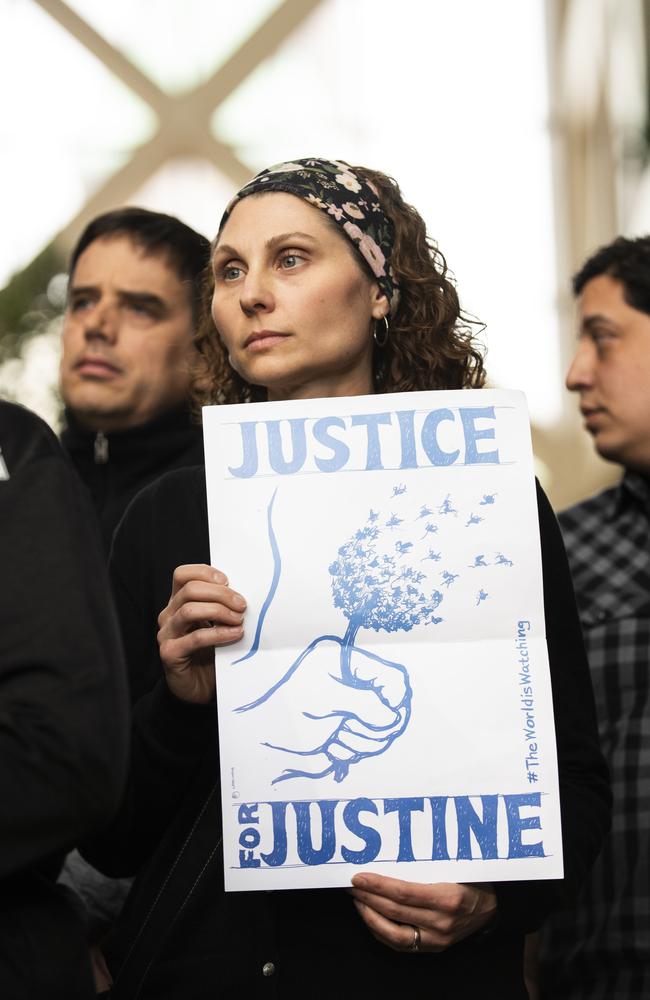
Judge Quaintance has sealed their identities, not for safety reasons but to protect them from overwhelming interest in the case and to stop their opinions being influenced.
Court had been adjourned until Wednesday while prosecution and defence attorneys spend the next two days researching potential jurors.
The shooting of Ms Damond drew intense international media attention to Minneapolis and sparked widespread protests from activists who had organised following two other high profile police shootings in recent years.
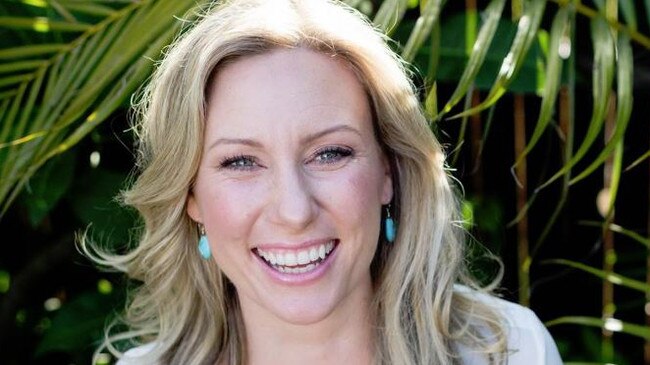
Officer Jeronimo Yanez was acquitted in 2017 of second-degree manslaughter for shooting Philando Castile in front of his girlfriend and four-year-old daughter. Two officers who shot dead Jamar Clark, 24, in 2015, did not face any charges.
Noor, 33, has pleaded not-guilty to second degree murder and manslaughter charges.
The shooting led to policy change for the Minneapolis police department and sparked the sacking of then police chief, Jeaneé Harteau. Harteau, her replacement, and dozens of police officers are on the prosecution’s witness list.
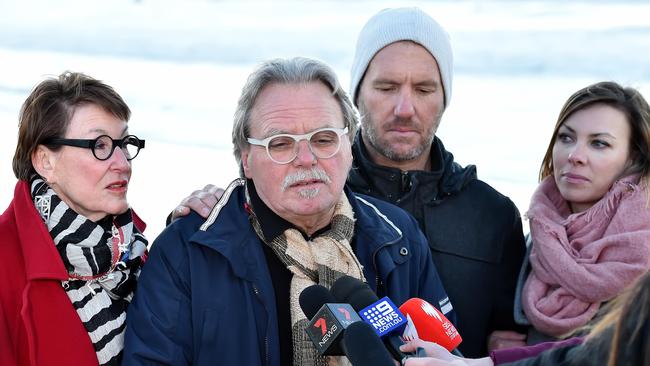
Community advocates called for the trial to be moved to a bigger courtroom than the current 28-seat arrangement.
Todd Schuman, from protest group Justice for Justine, said: “Space is so tight that the Ruszczyk and Noor families are literally seated in the same row shoulder-to-shoulder.”
“And only a handful of media outlets have been granted permanent access for the duration of the trial.
“This arrangement is a First Amendment violation that cripples public insight into the trial and is a slap in the face to advocates who have spent years working for justice in cases like these.”
Another member of the advocacy group described the heightened attention for the killing of a white woman by a black police officer as a “racist injustice”.
“Justine’s beautiful life mattered, but it is a deep, racist injustice to the fabric of our entire community for the public, the police, the politicians, and media to treat her life as more valuable than anyone else’s, including victims of colour who never get the basically fair, decent treatment she has received,” said Katherine Hamberg.
“Every stolen life matters.”
This reporter is on twitter @sarahblakemedia
Originally published as Judge in Justine Damond murder trial has received ‘threatening’ phone calls


